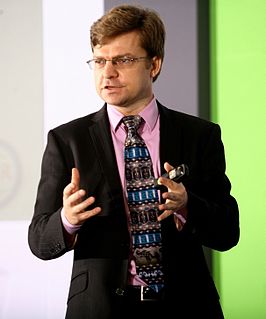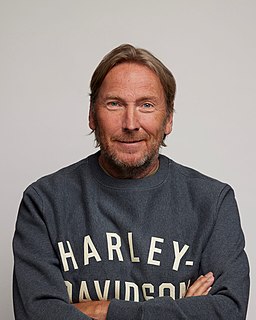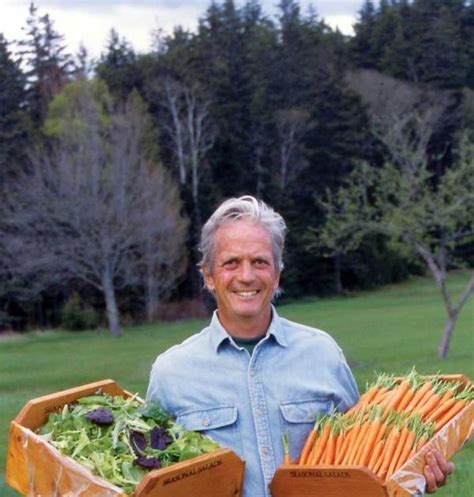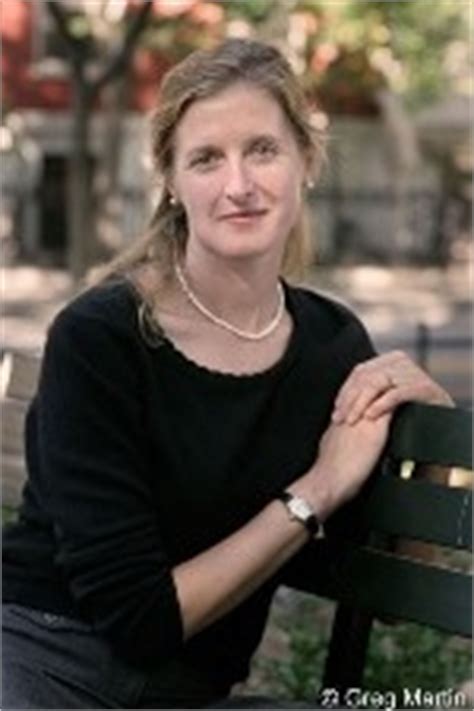A Quote by Jeremy Grantham
The only investable idea I have real confidence in is farming and forestry. My family owns some forest, and now we're closing on a farm. Make the farming more sustainable and the forestry more sustainable, and everyone benefits.
Related Quotes
...there's no such thing as sustainability. There are just levels of it. It's a process, not a real goal. All you can do is work toward it. There's no such thing as any sustainable economy. The only thing I know that's even close to sustainable economic activity would be organic farming on a very small scale or hunting and gathering on a very small scale. And manufacturing, you end up with way more waste than you end up with finished product. It's totally unsustainable. It's just the way it is.
A recent review of different agricultural options for the future was conducted by a panel of experts. The scientists posed the question: How are we going to feed the world when there are nine billion people on it, as there will be by 2050? And the answer they came up with was industrial agriculture won't work and genetic engineering won't work and the solution is going to be sustainable, and going to ecological kinds of farming that are based on local environmental conditions that work with local ecosystems available to develop a richer kind of farming technology.
Twelve thousand years ago, everybody on earth was a hunter-gatherer; now almost all of us are farmers or else are fed by farmers. The spread of farming from those few sites of origin usually did not occur as a result of the hunter-gatherers' elsewhere adopting farming; hunter-gatherers tend to be conservative.... Instead, farming spread mainly through farmers' outbreeding hunters, developing more potent technology, and then killing the hunters or driving them off of all lands suitable for agriculture.



































